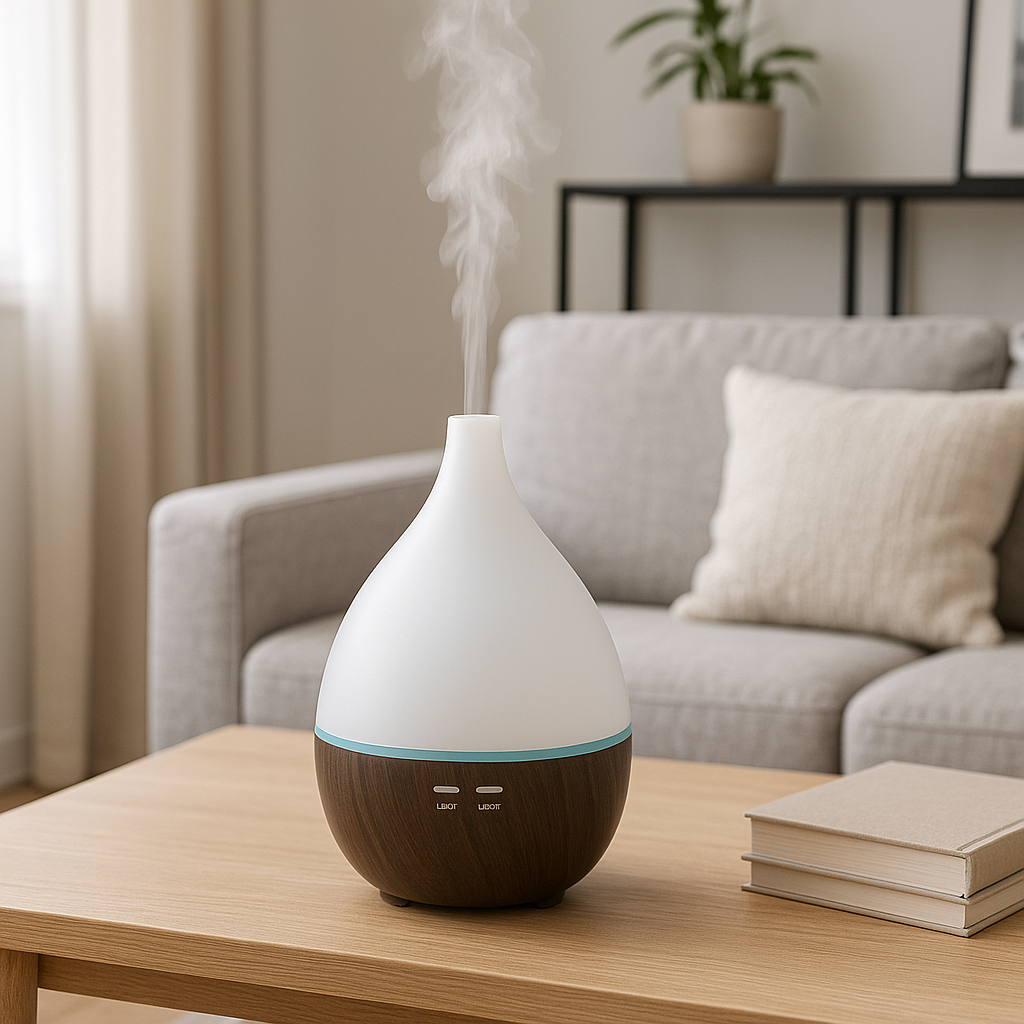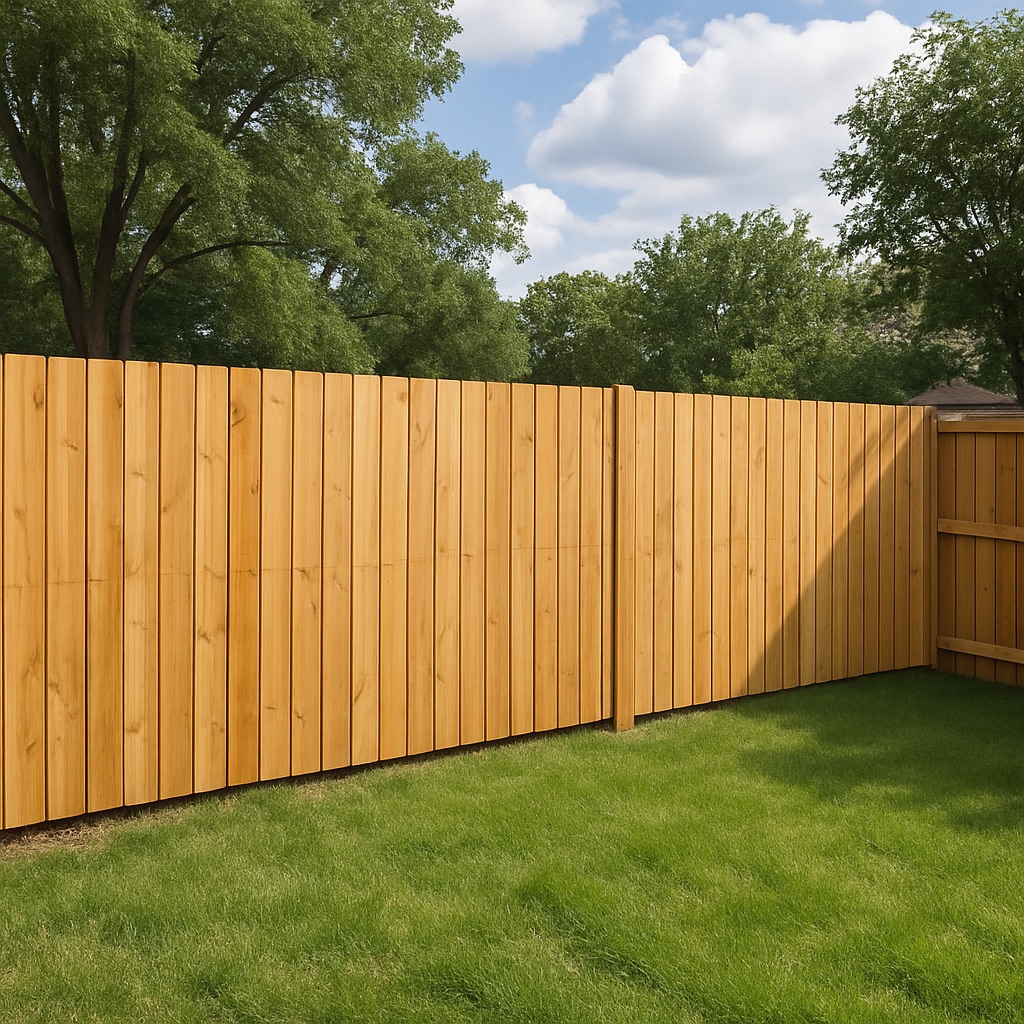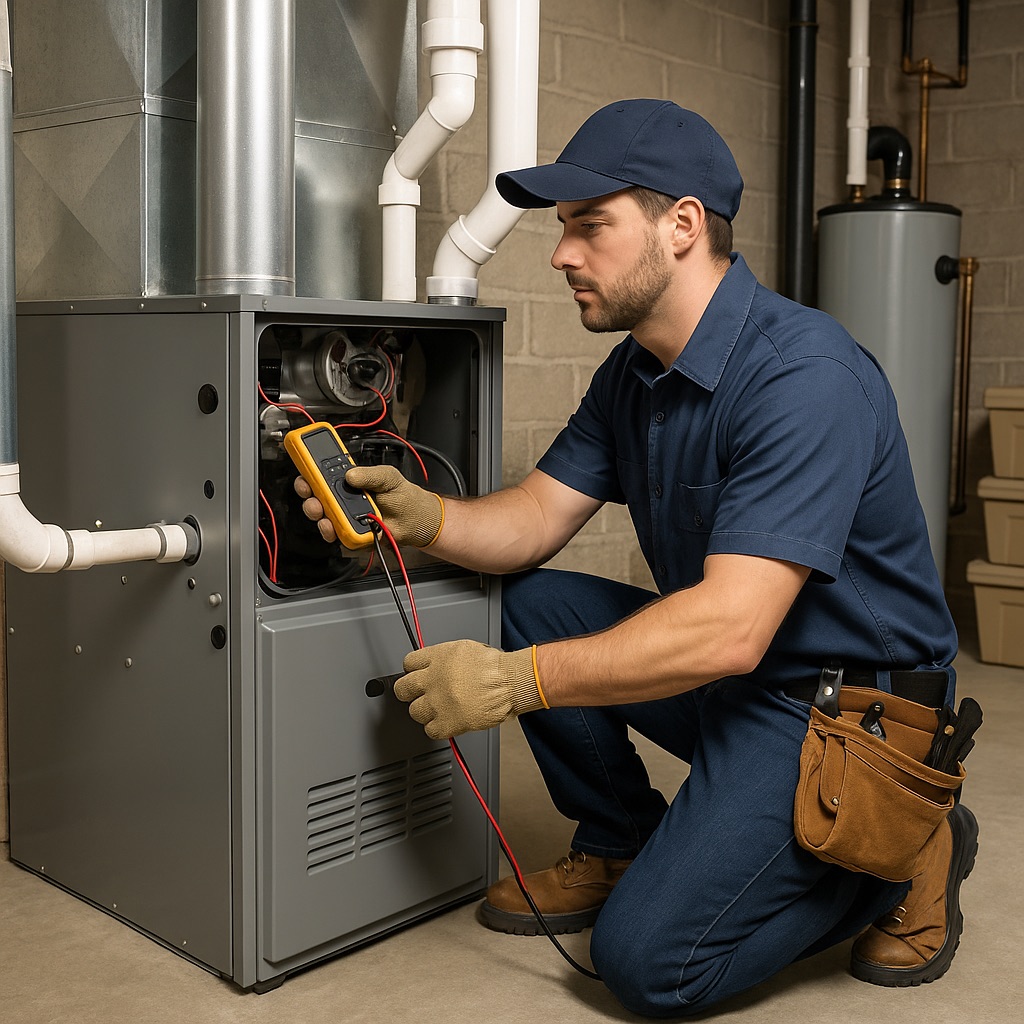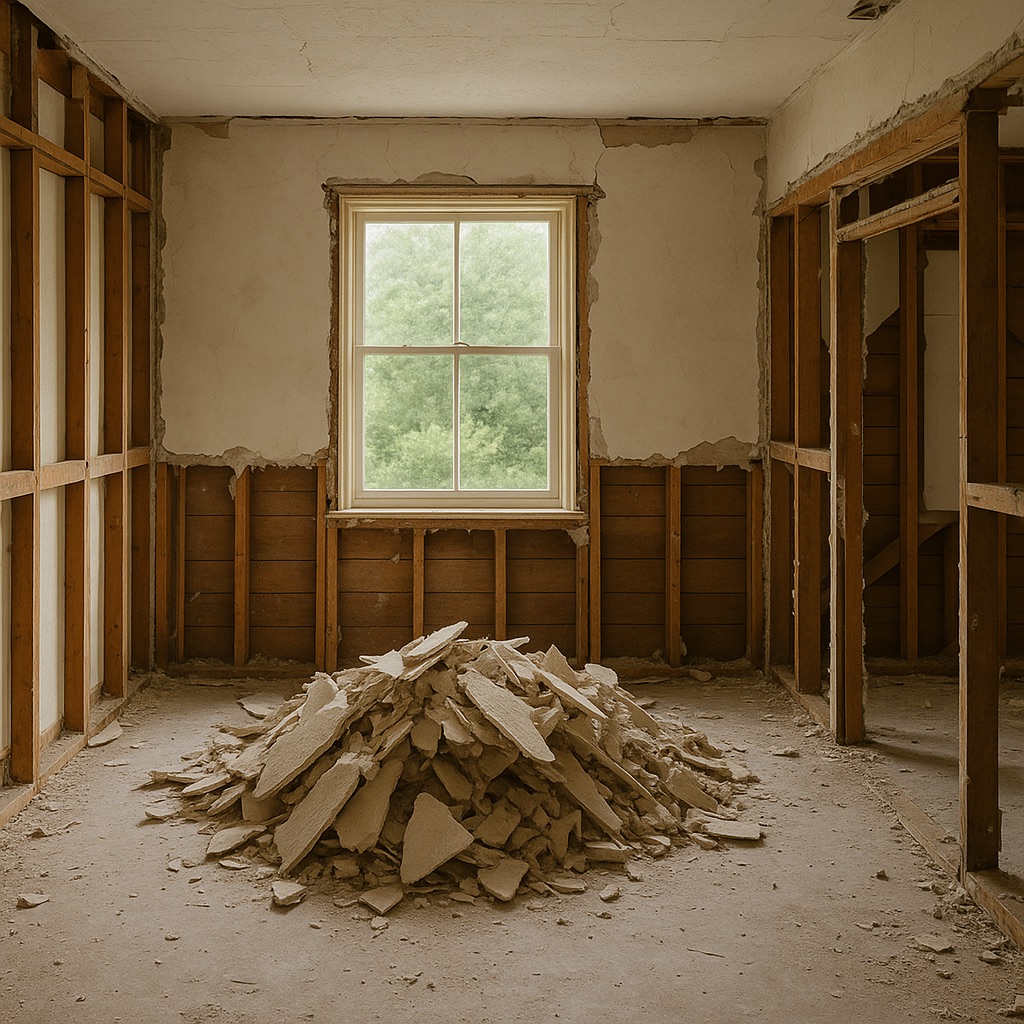Last updated on
Many homeowners don’t get to experience the full potential of their garden because they don’t know how to manage it properly. They plant all kinds of things, but they don’t get the return that they expect due to poor maintenance or just a lack of knowledge.
With just a little bit of care, you can turn your barren garden into the centerpiece of the property. The summer is the best time of the year to invest in your garden’s health. In just a few weeks, you will reap the fruits of your labor.
Here is what you need to do to keep your garden healthy and happy.
Table of Contents
Plant Health
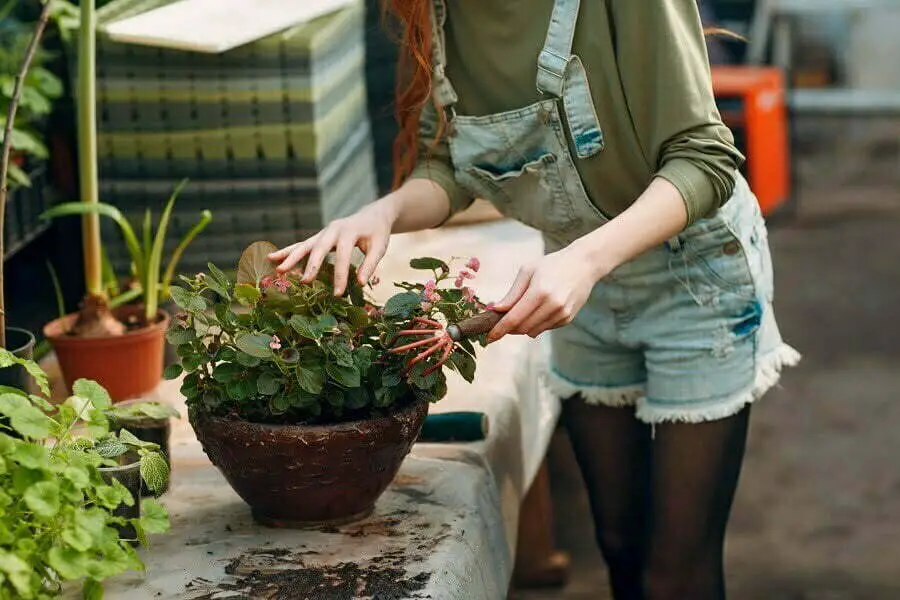
The first thing to check is the health of the plants in your garden. The plants may be alive, but they might not be in optimal condition. In such a scenario, you might be tempted to plant more plants to get more output. The focus should be on finding the cause of the suboptimal plant health.
Check the leaves, stems, and fruit of the plant to see if there is any disease in the plant or if there is any kind of pest that is hindering the plant’s growth. Some pests such as aphids are commonly found on the underside of the leaves, and due to their color, they often go unnoticed.
Check all parts of the plant to see if you can find any kind of problem. If the problem is a disease or a pest, you can get the necessary medicine to solve the issue. In some cases, you might have a root disease in your plant. These are harder to detect but there are a few signs that will help you detect the problem.
Water
Water, light, and earth are the three things all plants need, but different plants need different quantities of each. Two plants placed right next to each other can have very different water requirements. You might be overwatering one while under-watering the other.
When planting seeds, you should group plants with similar needs together. This way it will be much easier to manage their water and nutrient supply. Also, make sure the soil is soft and aerated. Hard soil can prevent water from reaching the roots of the plants. Make sure you are giving each plant the appropriate amount of water.
Birds
Your garden is an entire ecosystem full of resources that other animals, birds, and insects will find attractive. One of the most common problems for garden owners is birds, especially if you have any kind of fruit or vegetable plants in the garden. Birds will explore the garden in search of insects, dead plant growth, fruits and vegetables, and many other resources.
You will find crows, sparrows, hummingbirds, and many other kinds of common urban birds in your garden. An effective strategy is to have bird catching nets to protect your garden. The best times of day to catch birds are in the early morning and the early evening. In some cases, you might even be facing a problem with nocturnal animals such as bats. Nets will be effective against these pests as well.
Supplements
In a garden, you are working with a limited amount of space. Most homeowners don’t have things like chickens and cows on their property that can provide nutrients to the soil and help plants grow. When you are growing plants in the same area year after year the quality of the soil deteriorates, and you need to supplement it with nutrients in the form of fertilizers or mulch to give the plants the resources they need.
Before you dump a big bag of fertilizer in your garden, understand how much and what kinds of nutrients your plants need. Too much fuel for your plants can also be counterproductive.
Fencing
If you are facing problems with pests such as squirrels, rodents, cats, or any other kind of small animal, then your best option is to make some kind of fencing around the garden. These animals not only ruin your plants but they also carry a lot of diseases which can be a big problem for fruit and vegetable plants. The diseases will be transported to your table through the products that you use from the plants.
A big garden can be a challenge to maintain, but as you learn what your plants need, it will become easier. If you can take a holistic approach and understand what the plants need at different times of the year and at different stages of their life, it will be much easier to have healthy plants throughout the year.
If you are new to gardening, expect a few plants to not make it. It takes some time to familiarize yourself with the different plants in your garden. Having an expert gardener during this time will help tremendously.
